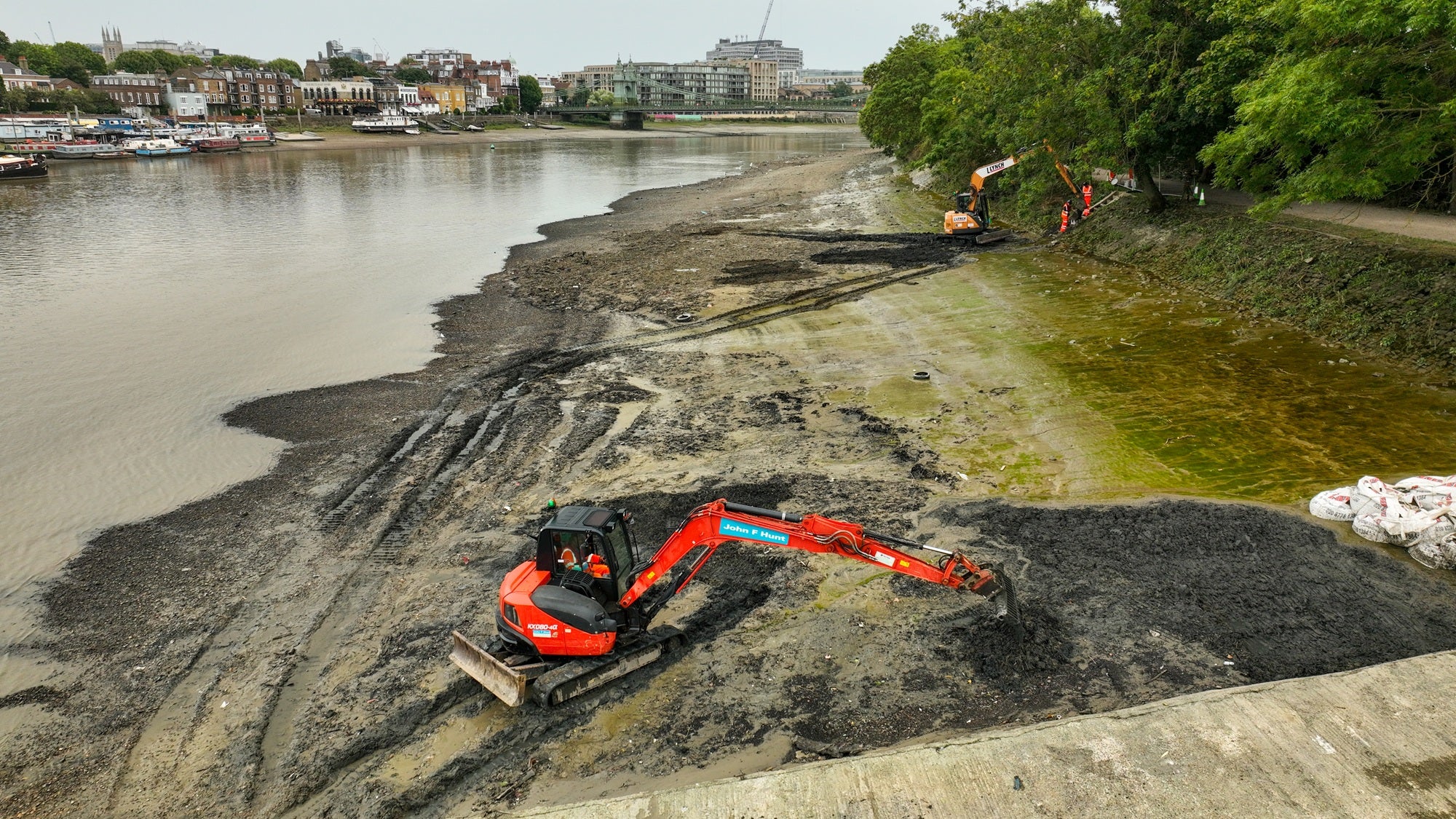A ban on wet wipes containing plastic fibres will be in force from Spring 2027, the government has confirmed.
The policy was introduced as a private members bill in November 2021 by MP Fleur Anderson, as way of removing plastic from wet wipes, making them more biodegradable and reducing long-lasting pollution.
Flushed wet wipes are currently wreaking severe environmental damage by creating fatbergs, which block sewer systems and clog up rivers and seas.

Ms Anderson made an address at Prime Minister’s Questions this week, she said: “Four years ago I bought in a private members bill to ban the sale of wet wipes with plastic in. The last government dragged its feet.”
She added: “This government promised to bring in this ban and is doing so now. Will the Prime Minister join with me in celebrating a labour promise delivered and share the message that we should always bin wet wipes and other wipes, not flush them.”
Sir Keir Starmer commended her for being “a long-standing campaigner on this important issue”. He said: “The public is right to be furious about how the last government allowed sewage to pour into our lakes, rivers and seas.
“Alongside tough new powers to combat pollution, this ban will put an end to plastic wet wipes that litter our beaches, clock up our sewers and harm wildlife.”
Every year the UK uses an estimated 11 billion wet wipes, many containing hidden plastics like polyester and polypropylene which do not biodegrade.

Major retailers such as Boots and Tesco have already committed to plastic-free wipes and the ban will make it compulsory for all other companies to meet the same environmental standards.
Ms Anderson said: “This is a huge step forward for our environment and our communities. Wet wipes may seem small, but their impact is massive.
“I’ve seen the damage first-hand at Beckton and Mogden, and on the Thames where ‘Wet Wipe Island’, 180 tonnes, the size of two tennis courts, literally shifted the river’s course. I’ve introduced bills in Parliament and campaigned with schools, residents and retailers, and with this ban, we can finally turn the tide.”
A spokesperson for Thames Water, who also assisted in the clean up of “Wet Wipe Island”, said: “We welcome the confirmation that wet wipes containing plastics will be banned, as blockages caused by wet wipes are the leading cause of pollution on our network. Thames Water removes an estimated 3.8 billion wipes from our network each year, costing more than £18 million.”
“Flushing any kind of wet wipe, period products, cotton pads and other similar items away does not make them disappear. A ban on wipes containing plastic is a vital step forward, but it’s still important that people only flush the three P’s – pee, poo and paper – to help protect our rivers and sewers.”
The Environmental Protection Regulations 2025 was published and passed through the House of Commons on 3 November and the House of Lords on 10 November.
